Taking advantage of the celebration of Record Store Day, I’m going to talk about 20 works that I think are essential in any self-respecting vinyl record collection:
Miles Davis – Kind Of Blue (1959)
Listening to this album in its 180 gram vinyl version is like being present in the studio in New York, on 2 March and 22 April 1959, when these mythical five songs were recorded. It is no mean feat, because it is like being at the moment when Miles Davis and his band were recording the jazz RECORD par excellence, the same one in which Miles’ delicate trumpet blends with the incendiary saxophone of John Coltrane, under the piano chords of the legendary Bill Evans, as well as the soul of Cannonball Adderley on alto sax and the excellent rhythm section formed by Paul Chambers and Jimmy Cobb. In short, the album that continues to open the doors of jazz to newcomers.
The Beach Boys – Pet Sounds (1966)
If you’ve got a vinyl platter, you’ve got to have Pet Sounds on vinyl, that’s just the way it is. Brian Wilson changes the history of popular music, giving pop the sophistication of classical music, mixing Phil Spector‘s Wall of Sound with Rubber Soul’s idea that filler songs are strictly forbidden.
The Beatles – Sgt. Pepper’s Lonely Hearts Club Band (1967)
It’s hard to pick just one album by the greatest band of all time, Revolver is still my favourite and Abbey Road seems to have become the most popular choice in recent times, but I think that, sonically and production-wise, the most perfect album is Sgt. Pepper’s Lonely Hearts Club Band, from the orchestra-like opening to the crunch of the electric guitars, the perfection of the strings on “A Day In The Life” or “She’s Leaving Home” or the classical touches of “Lucy In The Sky With Diamonds”, everything on this album is made to be listened to on the best possible equipment. And if all that wasn’t enough, the most legendary cover in the history of music is an excuse.
Love – Forever Changes (1967)
A lot of records in the 60s decided to add strings and flutes to make them more commercially attractive, they were usually sugary things that unnecessarily underlined the songs, but on Forever Changes Arthur Lee had these arrangements in mind from the beginning, they were not tacked on, they were a fundamental part of the songs. Lee spent three weeks with David Angel, the string and horn arranger, humming and singing the orchestral parts for him to transcribe. The result is one of the most beautiful records ever recorded, an orchestral folk record that sounds like a hippie dream, except that it is a record that is rather sceptical about the results achieved by the boys of love, peace and music.
The Kinks Are The Village Green Preservation Society (1968)
How great the Kinks’ classic albums sound, Ray’s melodies and Dave Davies‘ harmonies should always be listened to on the best possible equipment, but if one of their records deserves that position it is this marvel that went totally unnoticed in its time but is, quite simply, one of the great masterpieces of history, with Ray Davies giving a master class on a totally current subject, and appropriate in an article of this kind, nostalgia.
Scott Walker – Scott 4 (1969)
Of this short list, it may be the least famous, the one that appears the least in those must-have lists, but this is my personal choice, among all the ones I have on vinyl, if I had to say which one is the best listened to. An absolute delight that starts with a song called “The Seventh Seal” that sums up Bergman‘s film in 5 minutes and does it sounding as if the soundtrack had been composed by Ennio Morricone and produced by Phil Spector. It’s just the beginning for an album with an unbeatable production with a remarkable ‘in crescendo’ that reaches its culmination in a simply perfect B-side. A baroque orgasm for the ears.
Marvin Gaye – What’s Going On (1971)
The masterpiece of conscious soul and the moment when Marvin Gaye threw Berry Gordy‘s Motown assembly line method to the wind, opening the door wide for Stevie Wonder to enter his imperial phase (Songs In The Key Of Life should also appear on this list). One of the most exquisite voices of all time holds up a mirror to the social reality of a country on the verge of a nervous breakdown and turns it into art alongside some of Motown’s finest musicians.
Joni Mitchell – Blue (1971)
There’s something about the warmth of this record that is perfect for vinyl, a spartan record with little more than Joni, her guitar, her piano or her Appalachian dulcimer, and her one voice. Of course, that’s already a lot, caresses that hurt and heartbreak from the hills of Laurel Canyon.
Led Zeppelin IV (1971)
Jimmy Page has personally remastered these albums on vinyl and the result is, as expected, brilliant. The most perfectly oiled machine in rock sounds perfect both in the unstoppable hard rock pieces, like “Black Dog” or “Rock and Roll”, and in the acoustic delights like “The Battle Of Evermore” or “Going To California”, although the most incredible moments come when they combine both in “Stairway To Heaven” and with the swampy echoes of “When The Levee Breaks”, where Bonham’s drums sound as if they were being savagely beaten inside your own house.
David Bowie – The Rise And Fall Of Ziggy Stardust And The Spiders From Mars (1972)
Electric guitars that were a forerunner of punk combined with string arrangements that would make Brian Wilson happy. Bowie became a star with an album in which the most visceral rock & roll was mixed with the most melodramatic ballads, achieving his own blend that sounded halfway between the most baroque Scott Walker and the first Sex Pistols album. That said, there is no Bowie record from the 70s that sounds bad, so basically, you can insert your own favourite here.
The Rolling Stones – Exile On Main Street (1972)
If an alien appeared on Earth and said I want more rock and roll, after having listened to Chuck Berry’s “Johnny B. Goode” on Voyager, there would be no better answer than to put on (at maximum volume, and on vinyl) Exile On Main Street. After listening to “Rocks Off” and “Rip This Joint” he would have already got a T-shirt with Jagger’s tongue on it. But listening closely, you’d also know that the creature was a bastard with a lot of parents, blues, country, gospel, folk… As well as having a most questionable reputation, living in an unhealthy basement with syringes, bottles of Jack Daniels, mingling with fans, amps and guitars.
Pink Floyd – Dark Side Of The Moon (1973)
If Meddle was the album with which Pink Floyd finally emerged from the long shadow of its founding member, Syd Barrett, Dark Side Of The Moon was the moment when they captured it perfectly, sonically, lyrically and conceptually, becoming one of the greatest bands of all time along the way. From start to finish, the same anguished beats, Dark Side Of The Moon works as a whole, with first and second parts, being the most representative album of vinyl’s glory days.
Steely Dan – Aja (1977)
St. Vincent said that those in the know use Steely Dan records to test how the sound equipment sounds. It’s normal considering that Donald Fagen and Walter Becker were obsessed with production down to the last detail and that only the best session musicians in the world played on their records. By the time they arrived at Aja, that meant people like Steve Gadd, Larry Carlton, Wayne Shorter, Michael McDonald or Chuck Rainey, who together with the titular duo achieved the most perfect and sophisticated union between pop/rock music and jazz. If there is anyone with a vocation for sound engineering, this is the album to learn from top to bottom.
The Clash – London Calling (1979)
The Clash discover that punk is much more an attitude than a closed style of music and open the doors to reggae, ska, jazz, rockabilly, soul, dub and countless other styles to record their definitive masterpiece. A conscious party that sounds much better at 33 revolutions per minute.
Michael Jackson – Thriller (1982)
Michael Jackson and Quincy Jones combine to create a sound so unique, clean and fresh that its mark on the music of the decade was to be overwhelming. Soul and pop harmonised to perfection in an album in which the synthesizers blended marvellously with Vincent Price‘s recitations, Van Halen‘s solos, the incredible wind arrangements and, above all, Jackson’s own incredible voice.
Radiohead – Ok Computer (1997)
The last great album before the arrival of MP3, a gigantic work in which Radiohead mixed the pomposity of Dark Side Of The Moon with the aggressiveness of Nirvana’s Nevermind, sounding as appropriate to their era as the Beatles in the 60s or Prince in the 80s. You can’t put a single blemish on a perfect album that is also available in its extended version, Oknotok, with an incredible extras disc that proves they had enough material for a double disc. I would like to recommend most of the band’s albums in their vinyl version, from the recent Kid Amnesiac to the essential In Rainbows.
The Miseducation Of Lauryn Hill (1998)
Hip hop is a genre with a strong connection to vinyl, perhaps because it was founded by some of the most creative DJs in history, you know, two decks and a microphone. But by the time this Lauryn Hill marvel appeared, the style had already come of age and was capable of a much greater musicality than its critics gave it credit for. This album is a perfect example of that, with guitar solos, funky bass, strings and wind arrangements playing alongside the programmed bases, not to mention Hill’s own velvet voice (blue, of course).
Sufjan Stevens – Illinois (2005)
Sufjan Stevens‘ fifth album is recorded with lo-fi equipment but sounds like a super-production rich in detail with multiple instruments layering the songs, many of them played by Stevens himself, such as the wonderful string arrangement that opens the immortal “Chicago”, although at other times the more spartan arrangement, acoustic guitar and piano, on the thrilling “John Wayne Gacy Jr”, is sufficient.
Daft Punk – Random Access Memories (2013)
This record is something like the new Aja, the record of guys obsessed with the smallest details of sound, in which everything that sounds is there for a reason, a record in which the French duo went from digital to recover the warmth of analogue, reaching explosions of sound as gigantic and ornamental as in “Touch”.
Kendrick Lamar – To Pimp A Butterfly (2016)
The best album of the past decade is an encyclopaedia of 20th century black music, with room for the jazz of Miles and Coltrane, the P-Funk of George Clinton, the psychedelic soul of Prince, the gangsta rap of Dr. Dre and the neo-soul of Lauryn Hill. An album designed to be listened to on vinyl, from the moment it begins with a needle falling on a vinyl on which Boris Gardiner‘s “Every Nigger Is A Star” begins to play.

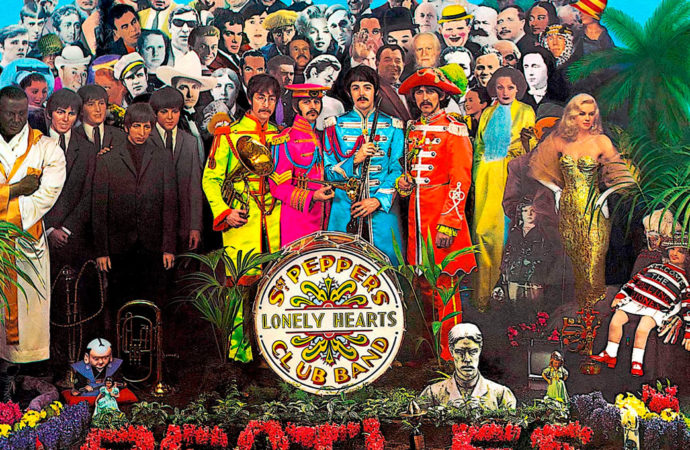


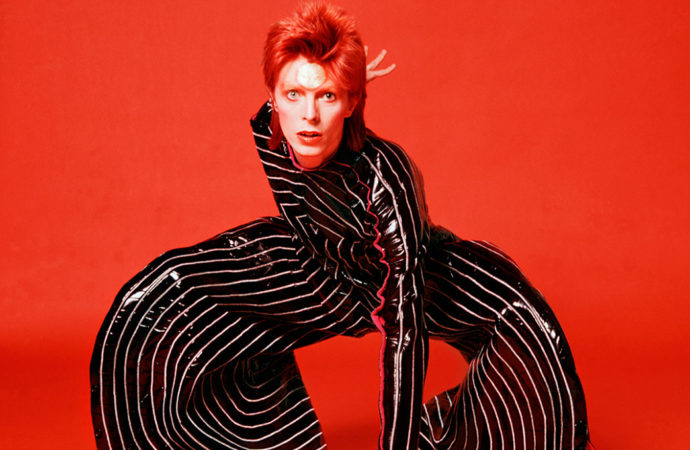

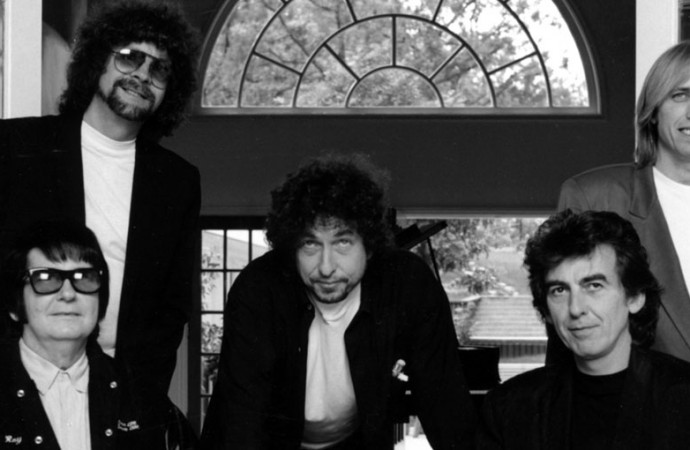
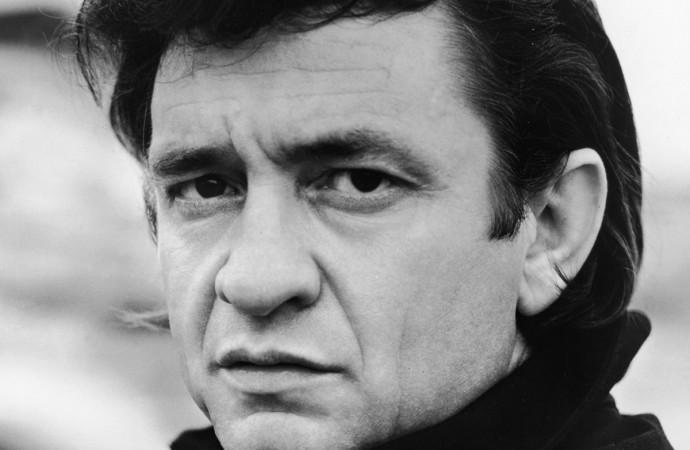
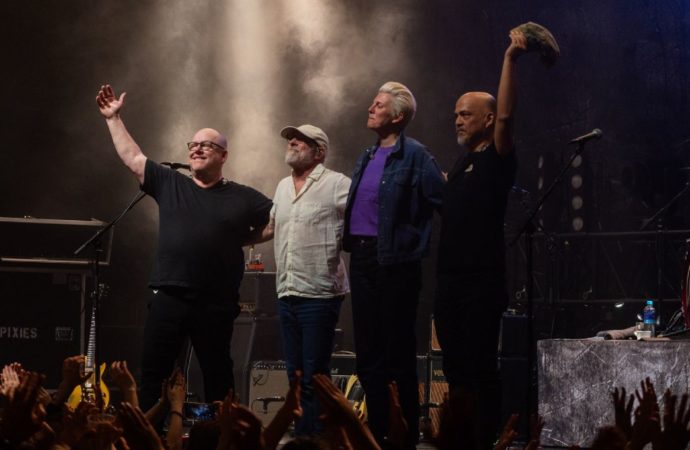
No one has posted any comments yet. Be the first person!